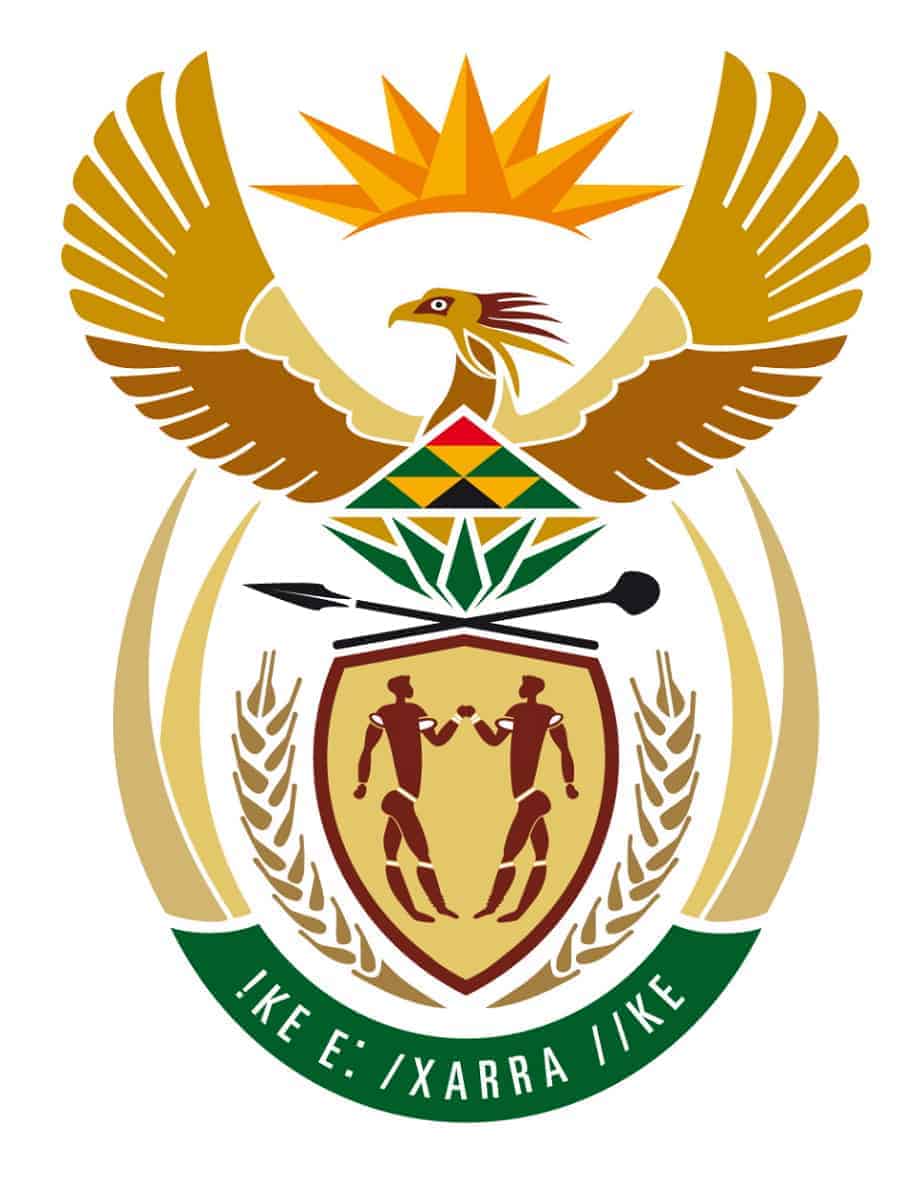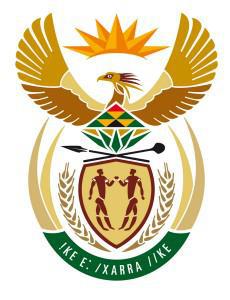Policy: Food and Nutrition Security for the Republic of South Africa

 Among the policy’s stated goals are increasing food production and distribution, as well as supporting community-based and small holder production. Approved by Cabinet in late 2013, the 21-page document also cites five pillars as underlying the policy’s strategies, including:
Among the policy’s stated goals are increasing food production and distribution, as well as supporting community-based and small holder production. Approved by Cabinet in late 2013, the 21-page document also cites five pillars as underlying the policy’s strategies, including:
- The need for improved nutritional safety nets by state, private and non-governmental actors;
- Better nutritional education;
- Increased investment in agricultural, particularly in rural areas, to improve the efficiency of food storage and distribution networks, as well as access to inputs;
- Better market participation of emerging farmers through public-private partnerships; and
- Food security risk management.
The policy also briefly touches on food security measures, the impact of climate change and the creation of a centralized food security control system.
The policy is also accompanied by a draft, 54-page implementation plan. This plan includes a rapid assessment of current food security measures in the country outlining challenges and weaknesses. The plan proposes conducting a baseline survey prior to implementation and once indicators have been agreed upon through workshops. It also proposes the development of a participatory monitoring and evaluation mechanism among other things.
Download the policy and draft implementation plan:
Author
Republish this article
This work is licensed under a Creative Commons Attribution-NoDerivatives 4.0 International License.
Unless otherwise noted, you can republish our articles for free under a Creative Commons license. Here’s what you need to know:
You have to credit Health-e News. In the byline, we prefer “Author Name, Publication.” At the top of the text of your story, include a line that reads: “This story was originally published by Health-e News.” You must link the word “Health-e News” to the original URL of the story.
You must include all of the links from our story, including our newsletter sign up link.
If you use canonical metadata, please use the Health-e News URL. For more information about canonical metadata, click here.
You can’t edit our material, except to reflect relative changes in time, location and editorial style. (For example, “yesterday” can be changed to “last week”)
You have no rights to sell, license, syndicate, or otherwise represent yourself as the authorized owner of our material to any third parties. This means that you cannot actively publish or submit our work for syndication to third party platforms or apps like Apple News or Google News. Health-e News understands that publishers cannot fully control when certain third parties automatically summarise or crawl content from publishers’ own sites.
You can’t republish our material wholesale, or automatically; you need to select stories to be republished individually.
If you share republished stories on social media, we’d appreciate being tagged in your posts. You can find us on Twitter @HealthENews, Instagram @healthenews, and Facebook Health-e News Service.
You can grab HTML code for our stories easily. Click on the Creative Commons logo on our stories. You’ll find it with the other share buttons.
If you have any other questions, contact info@health-e.org.za.
Policy: Food and Nutrition Security for the Republic of South Africa
by healthe, Health-e News
March 5, 2015
MOST READ
Social media for sex education: South African teens explain how it would help them
Prolonged power outage leaves hospitals in the dark for two days
There’s more to self-care than scented candles or massages, it’s a key public health tool
Access to clean water and stable electricity could go a long way to addressing rising food poisoning in SA
EDITOR'S PICKS
Related

HIV remains a leading killer in Africa despite medical breakthroughs – how to eliminate it


